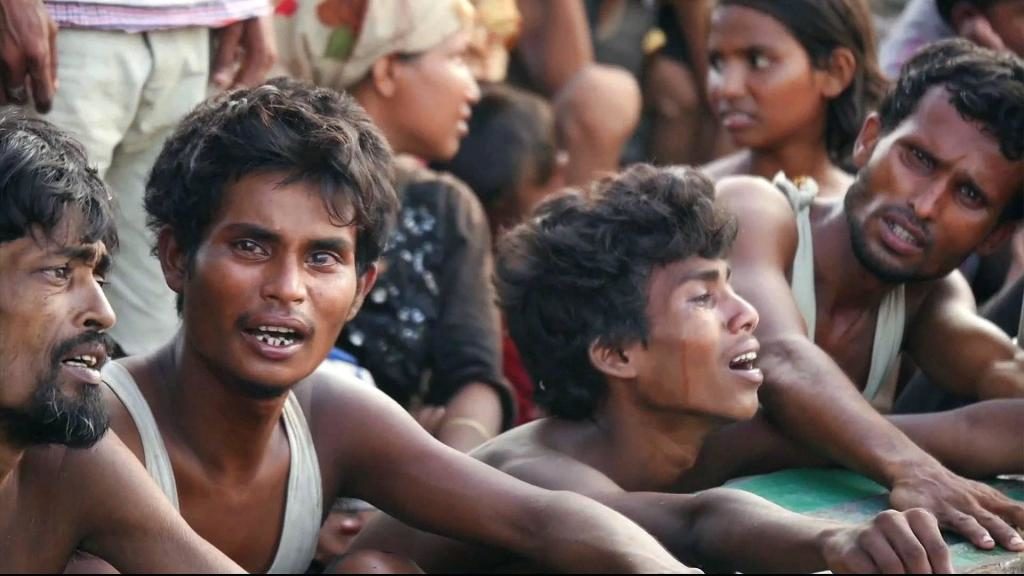Bangkok: The International Court of Justice (ICJ) on Thursday will rule on the imposition of provisional measures against Myanmar.
The case was brought to the ICJ by the Gambia accusing the Southeast Asian nation of committing genocide against the Rohingya Muslims.
There is great expectation in Myanmar, where the Rohingyas are widely reviled as “illegal immigrants from Bangladesh” despite their presence in the country for centuries.
Many in Myanmar feel that the case at the ICJ is targeting them as a population, rather than the government and the military, a perception actively encouraged by public officials, Efe news reported.
A group of several Civil Society Organisations, mostly from ethnic minorities that have suffered years of war in the country’s peripheral areas against a military infamous for its human rights violations, on Wednesday issued a statement supporting the case at the ICJ.
“We understand very clearly that the ICJ case against Myanmar is directed toward those responsible for using political power and military might, and not the people of Myanmar,” read the statement.
The charge of genocide refers to the military operations, carried out in the Rakhine state by the Myanmar army in 2016 and 2017 as a response to armed attacks by rebels belonging to the insurgent group Arakan Rohingya Salvation Army (ARSA), that led to the fleeing of some 800,000 Rohingyas to neighbouring Bangladesh.
The first hearing took place in the Hague in December, and The Gambia’s legal team requested a set of six provisional measures to ensure that Myanmar complies with the 1948 Genocide Convention, which it signed in 1956.
Among those provisional measures figure the obligations to preserve any evidence related to the military operations in Rakhine and to grant access to Myanmar to investigators from the UN.
The Myanmar government has denied entry into the country to a Fact-Finding Mission, set up by the UN in the aftermath of the military operations, that accused the military in 2018 of carrying out a campaign of killings, tortures, burning of houses, and rapes with “genocidal intent”.
For its part, the Myanmar legal team, headed by the de facto leader of the country, Aung San Suu Kyi, denied the allegations of genocide, and asserted that the counter-insurgency operations were just part of an internal conflict triggered by ARSA.
The Myanmar military on Thursday issued a statement, in which it asserted that “it will not only give full consideration to the recommendations relating to the armed forces in the report of the ICOE but the office of the Judge Advocate General will study the report in detail as well.”
–IANS


















